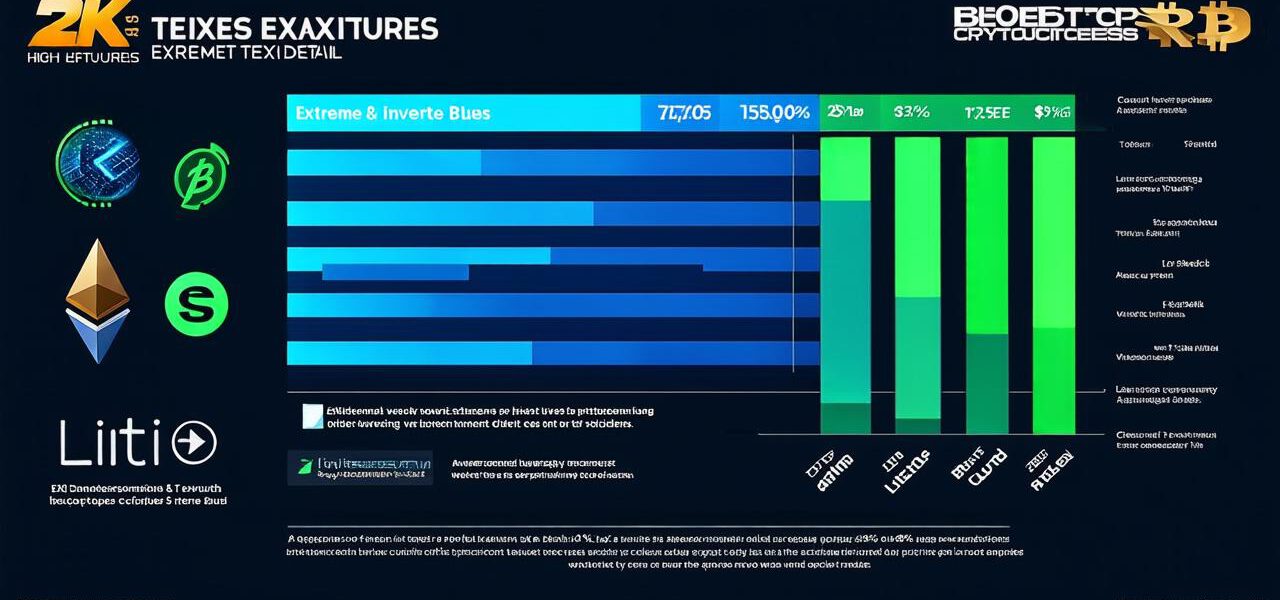
Examples of cryptocurrencies for investment
Examples of Cryptocurrencies for Investment: A Comprehensive Guide for Blockchain Development Professionals
1. Bitcoin: The Pioneer of Cryptocurrency
It’s hard to talk about cryptocurrency without mentioning Bitcoin. As the first decentralized digital currency, it has set the standard for what a cryptocurrency should be. Bitcoin is created through a process known as “mining,” which involves solving complex mathematical problems using powerful computers. Once mined, these tokens can be exchanged on cryptocurrency exchanges for other currencies or goods and services.
While Bitcoin has undoubtedly been successful, it’s important to note that its value is highly volatile and subject to significant price fluctuations. Additionally, the environmental impact of Bitcoin mining is a major concern due to the enormous amounts of energy required to solve these complex mathematical problems.
2. Ethereum: The Future of Cryptocurrency
Ethereum is another pioneering cryptocurrency that has gained significant attention in recent years. Like Bitcoin, it’s decentralized and operates on a blockchain, but unlike Bitcoin, it also has the ability to run smart contracts – self-executing programs that automate complex processes. This has made Ethereum a popular choice for businesses looking to build decentralized applications (dApps) on the blockchain.
Ethereum’s value has been volatile in recent years, but it’s worth noting that the price is just one aspect of investing in cryptocurrency. The potential long-term benefits of Ethereum – including its ability to enable faster and more secure transactions, as well as its potential to revolutionize various industries such as finance, supply chain management, and more – make it a compelling investment option for those with a long-term perspective.
3. Ripple: The Fastest Cryptocurrency
Ripple is a cryptocurrency that was specifically designed for fast and secure cross-border transactions. It operates on a consortium of banks, which allows for much faster settlement times than traditional bank transfers. Additionally, Ripple’s value is pegged to the US dollar, making it less volatile than other cryptocurrencies.
While Ripple has shown promising results in recent years, it’s important to note that its success is largely dependent on the adoption of its technology by traditional financial institutions. If these institutions continue to embrace Ripple and its technology, then it could be a strong investment option for those looking for a fast and reliable way to transfer funds across borders.
4. Bitcoin Cash: The Forked Version of Bitcoin
Bitcoin Cash is a fork of Bitcoin that aims to solve some of the original cryptocurrency’s scalability issues. It operates on a larger block size limit, which allows for more transactions per second and reduces transaction fees. Additionally, Bitcoin Cash is designed to be more user-friendly, with an emphasis on faster and easier transactions.
While Bitcoin Cash has shown promising results in recent years, it’s important to note that it’s still a relatively new cryptocurrency and its long-term success is uncertain. Additionally, because it’s a fork of Bitcoin, it’s subject to the same volatility as its parent currency.
5. Stablecoin: The Cryptocurrency with a Fixed Value
Stablecoin is a type of cryptocurrency that has a fixed value, typically pegged to the US dollar. This means that the value of the stablecoin doesn’t fluctuate as wildly as other cryptocurrencies. Stablecoin is designed to provide a more stable and predictable store of value for investors.
While stablecoin offers some stability to investors, it’s important to note that it still operates on a blockchain and is subject to the same risks as other cryptocurrencies. Additionally, because stablecoin is pegged to the US dollar, its success is largely dependent on the stability of the US economy.
In Summary
Cryptocurrency investing is a highly volatile and risky endeavor.



